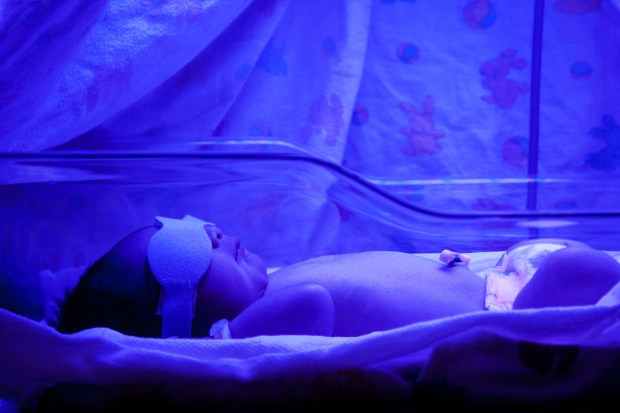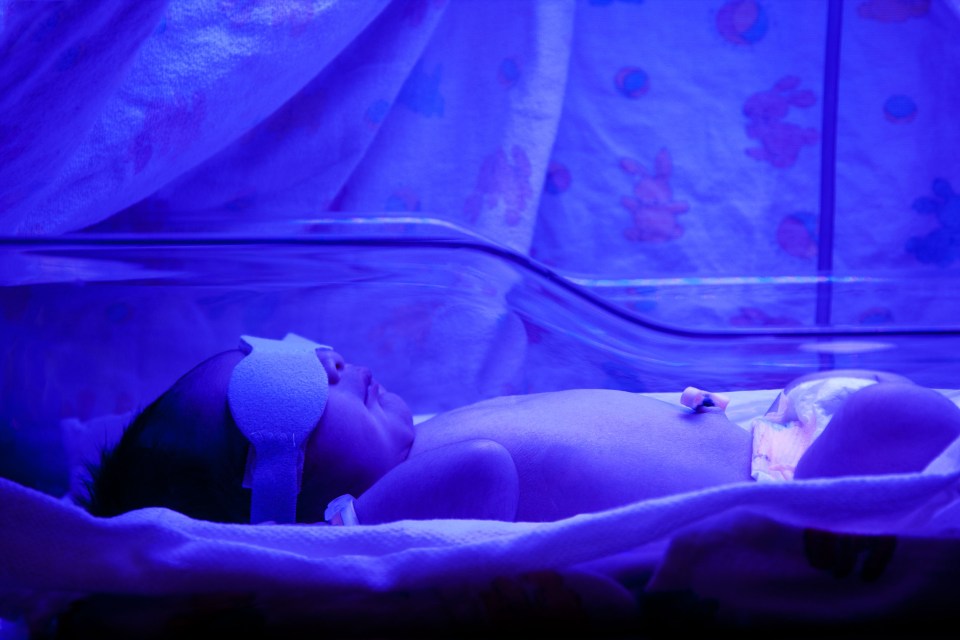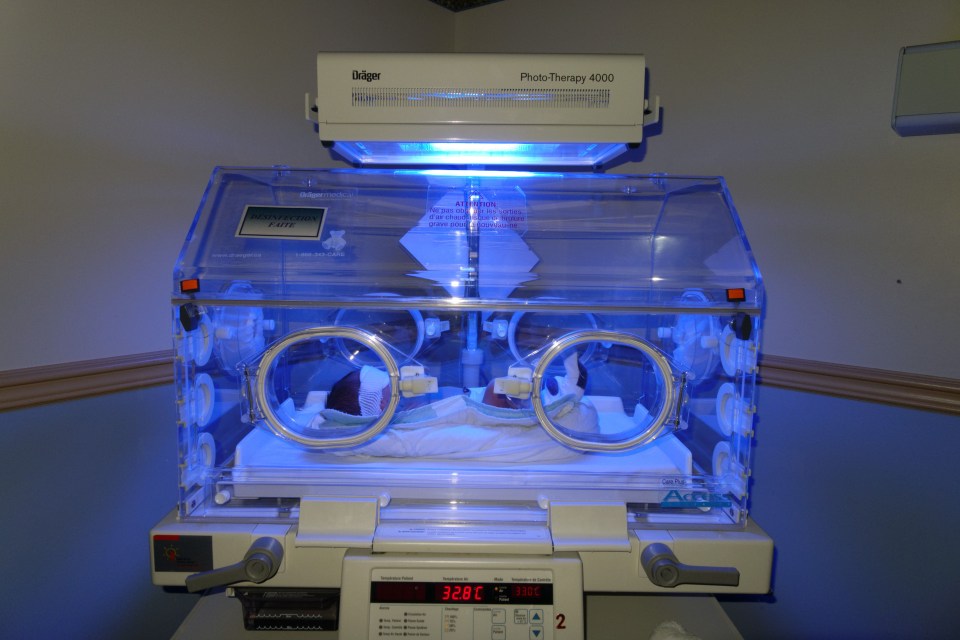Newborns can suffer learning difficulties, ADHD and even die if jaundice is left untreated
The need to know symptoms, treatment and causes in newborn babies

IT'S one of the most common conditions to affect babies but one British family is warning families of the hidden danger of jaundice.
Seven-month-old Brian Griffin cannot see, hear or move properly after he developed jaundice, a common condition for newborns, with his family now working to raise awareness of the dire complications of not treating the condition fast enough.
Jaundice is caused by an increased level of bilirubin in the blood right after birth, causing the baby's skin to turn yellow. Their eye whites can also turn a yellow hue.
The build up is caused when the infant's liver does not work fast enough to keep up with processing the yellow pigment with the yellowing occurring about two to four days after the birth.
The NHS has estimated it affects six out of every 10 babies, including eight our of ten babies born prematurely.
RELATED STORIES
Normally, most newborns will recover from their jaundice without treatment in about one to two weeks.
More severe jaundice may require treatment with phototherapy one of the most common methods.
The treatment is highly effective, using light to help break down the compound in the baby's body.
In more severe cases, an exchange transfusion may be necessary, helping to replace the baby's damaged blood with healthy red blood cells.
But if untreated and permitted to worsen, it can develop into Kernicterus.
The condition can lead to a number of severe long-term health impacts including learning disabilities and ADHD to more severe intellectual disabilities, cerebral palsy, or death.
This serious complication sees the excess bilirubin damaging the brain or central nervous system.
It is a rare condition, which affects less than one in every 100,000 babies.
We pay for your stories! Do you have a story for The Sun Online news team? Email us at tips@the-sun.co.uk or call 0207 782 4368














